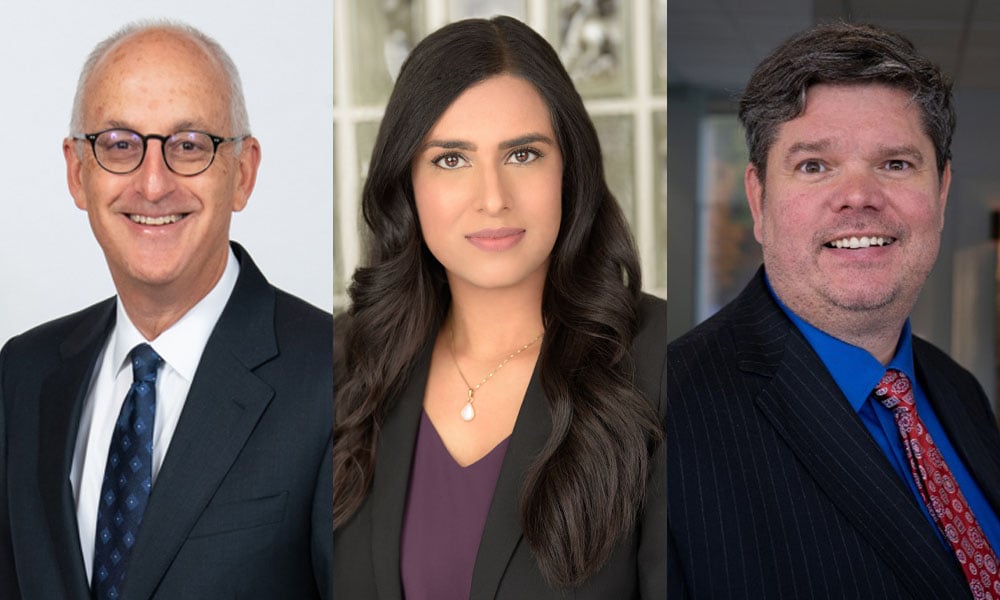Historically, mental-health-related claims have been invisible to insurance companies, says lawyer

Despite Bell Let’s Talk and other efforts aimed at eliminating the stigma around mental illness, lawyers representing people with mental-health related long-term disability claims say the availability of mental health care remains a barrier for clients.
Historically, a claim related to a mental health problem has been “invisible” from the perspective of an insurance company, says David Share, president, managing director and co-founder of Share Lawyers. Lack of objective medical evidence has always been the biggest stumbling-block to these types of claims, he says.
“It's hard to understand, when you can't see an x-ray or an MRI, or some sort of objective diagnostic test that explains what the symptoms are, why someone has difficulty functioning in a work environment,” Share says.
Lawyers overcome these disputed claims by “working up the medical file” to get the support and back-up for the legitimacy of the client’s symptoms and their impact on that person’s ability to function, he says.
But producing a diagnosis and other medical evidence can be difficult and takes time.
“A lot of the insurance policies are written in a way that isn't very supportive of non-mainstream issues,” says Steve Rastin, lead lawyer of Rastin Gluckstein Lawyers, and past president of the Ontario Trial Lawyers Association.
“A lot of policies, for instance, require you to be under the active treatment of a medical professional to qualify for benefits. And part of the problem is there are not enough mental health professionals in Ontario.”
There are not enough psychiatrists, psychologists or therapists to support those in need and in some areas, there are “acute service shortages, Rastin says.
“Pediatric mental health services are almost impossible outside of the large centres,” he says. “I practice in Barrie… It is practically impossible to get a pediatric psychiatric specialist to work with people.”
There are also unique obstacles to treatment and coverage for members of the LGBTQ+ community, says Rupa Karyampudi, co-founder of MK Disability Lawyers LLP. Some are not comfortable participating in the services for which they have coverage, such as group therapy, she says.
“If they’re the only LGBTQ+ person in the group, you can understand that they may be hesitant to share,” says Karyampudi, who is also a part-time professor, teaching social justice, at the University of Ottawa Faculty of Law.
“That might not be the appropriate form of treatment for them. But the problem is insurance companies, they will terminate the client if they're not getting appropriate treatment, right? And they don't really care whether or not this person feels comfortable in a certain setting or not, unfortunately.”
There is also the challenge with finding healthcare providers who are properly trained on LGBTQ+ issues, she says.










